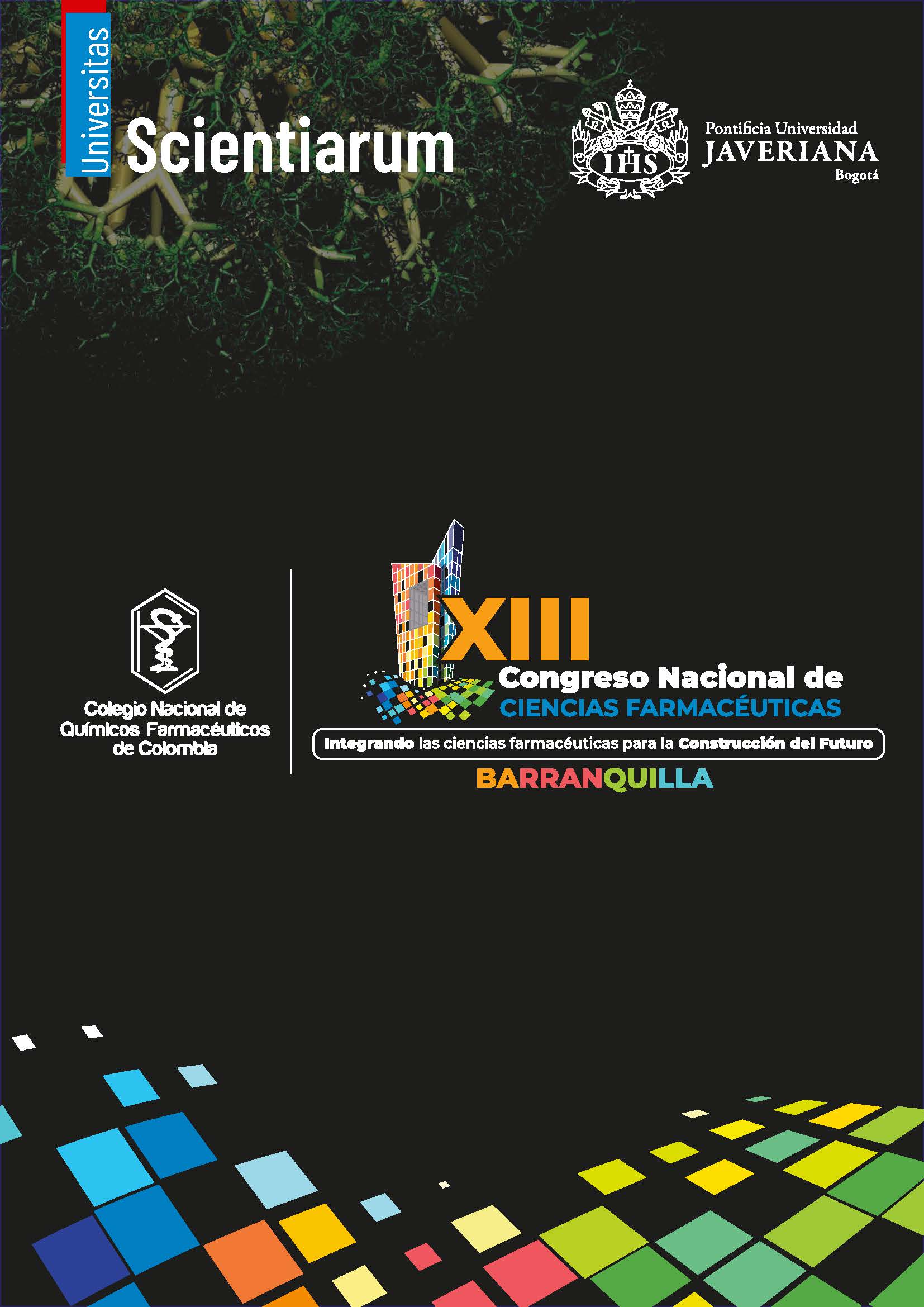Abstract
Self-medication without medical or pharmaceutical supervision carries significant risks, such as inappropriate use of medications, incorrect dosages, premature prolongation or discontinuation of treatment, drug interaction, and public health issues such as antimicrobial resistance. In Colombia, the use of over-the-counter medicines increased by 80% during the pandemic, highlighting the need to strengthen community pharmaceutical care. The study’s objective was to develop a preliminary Community Pharmacy Model in the Zaragocilla community of Cartagena, Colombia. An analytical, prospective, and cross-sectional observational study was conducted using non-probabilistic convenience sampling. The activities were carried out in three phases: (1) Diagnosis — literature review, community awareness, and collection of sociodemographic and epidemiological data with a validated survey; (2) Intervention — identification of pharmaceutical care needs and actions directed by the pharmaceutical chemist; (3) Community Pharmacy Model — implementation of comprehensive, systematic, and structured care. The results showed a high prevalence of chronic diseases such as hypertension and diabetes in 45% of the respondents, 72% of whom were housewives, and 76% belonged to socioeconomic stratum 2. Alarmingly, 63% of participants had never received proper guidance on medication use, and 66% reported disposing of medications improperly in household trash. Additionally, unhealthy lifestyle habits were identified, with 38% not engaging in physical activity and 53% reporting insomnia. The proposal of a Community Pharmacy Model is a direct response to the real needs of the population, with a high prevalence of poorly controlled chronic diseases, low health literacy regarding medication use, and inadequate disposal practices. Implementation of this model, led by the pharmaceutical chemist, would significantly improve community health by integrating medication dispensing, patient education, and therapeutic follow-up.

This work is licensed under a Creative Commons Attribution-NonCommercial 4.0 International License.


